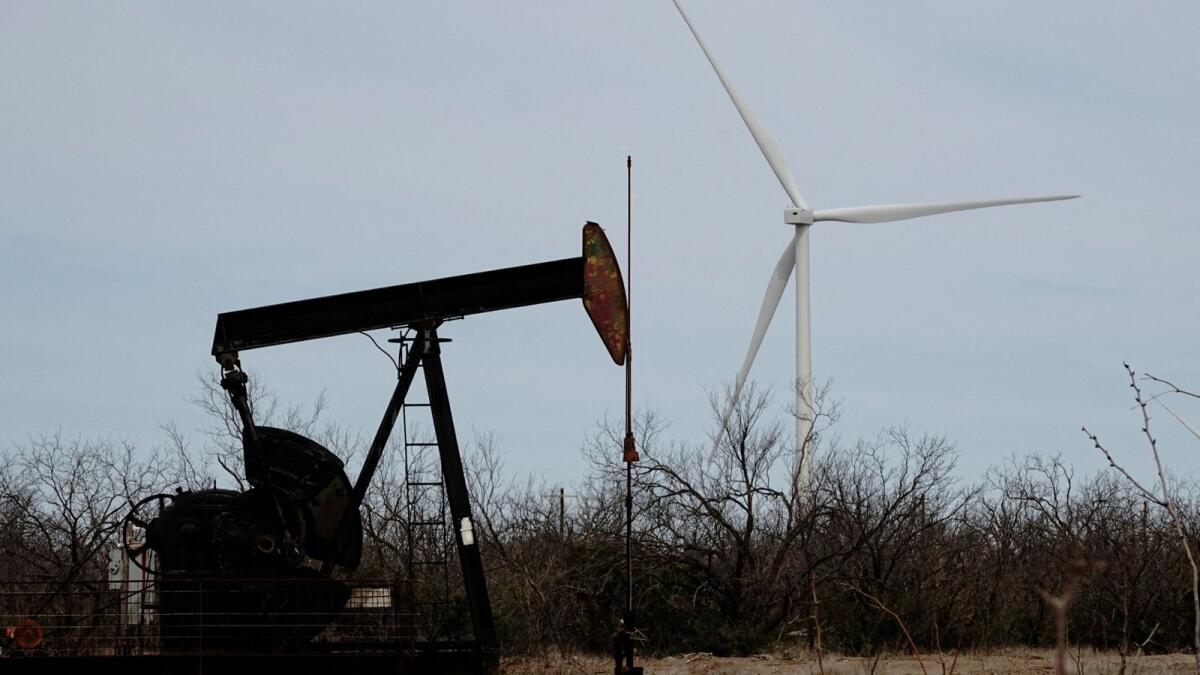The U.S. Department of Energy recently finalized a contract to purchase 4.65 million barrels of crude oil for the Strategic Petroleum Reserve, which will be delivered to the Bayou Choctaw site in Louisiana. Exxon Mobil will supply 3.9 million barrels of the contract, while Macquarie Commodities Trading US LLC will supply the remaining amount. The average purchase price for the oil is approximately $76.92 per barrel, as stated by the DOE. This purchase is part of a series of contracts aimed at refilling the nation’s emergency oil stockpile after a record release of 180 million barrels in 2022.
Following the release aimed at controlling escalated gasoline prices due to President Vladimir Putin’s orders for Russia’s invasion of Ukraine, the reserves fell to their lowest levels in 40 years. The DOE has been repurchasing oil at an average price of around $77 per barrel, which they consider to be a good deal for taxpayers compared to the $95 per barrel selling price in 2022. U.S. crude futures were trading at about $76 a barrel at the time of the announcement. The DOE has also worked with Congress to cancel a previously planned sale of 140 million barrels of oil from the reserve, arguing that this cancellation should contribute to the refilling of the stockpile.
Energy Secretary Jennifer Granholm stated that the DOE has successfully secured the 180 million barrels back to the Strategic Petroleum Reserve released in response to Putin’s actions in Ukraine. This was achieved while getting a favorable deal for taxpayers and keeping the reserve prepared for any future emergencies. The DOE anticipates continuing to purchase oil for the reserve into the next year, utilizing the remaining $1.2 billion in its revenue account. At current prices, this fund could cover purchases of approximately 15 million barrels. The department has previously expressed its intention to buy oil at $79 a barrel or less.
The Strategic Petroleum Reserve contained about 374.4 million barrels of oil as of July 19, marking the highest level since the end of 2022. However, this is still below the typical level of 600-700 million barrels from the past decade when the U.S. heavily relied on imports. The DOE’s efforts to replenish the reserve emphasize the importance of maintaining a sufficient emergency oil stockpile to navigate through uncertain times in the global oil market. As oil prices fluctuate and geopolitical tensions persist, having a robust reserve is crucial in ensuring energy security for the nation. With ongoing purchases and strategic planning, the DOE aims to bolster the reserve to a level that provides a cushion for potential disruptions in oil supply.











